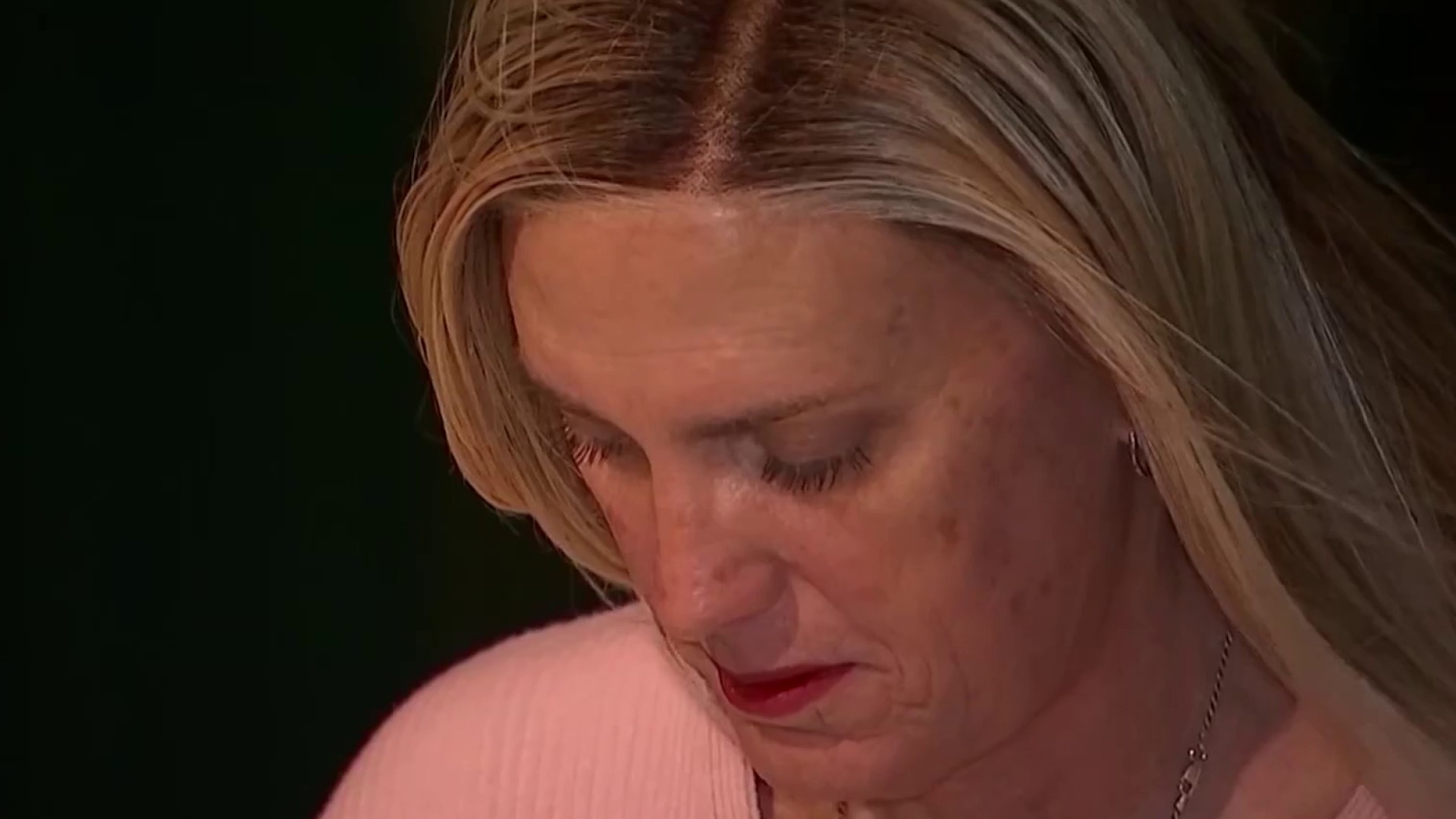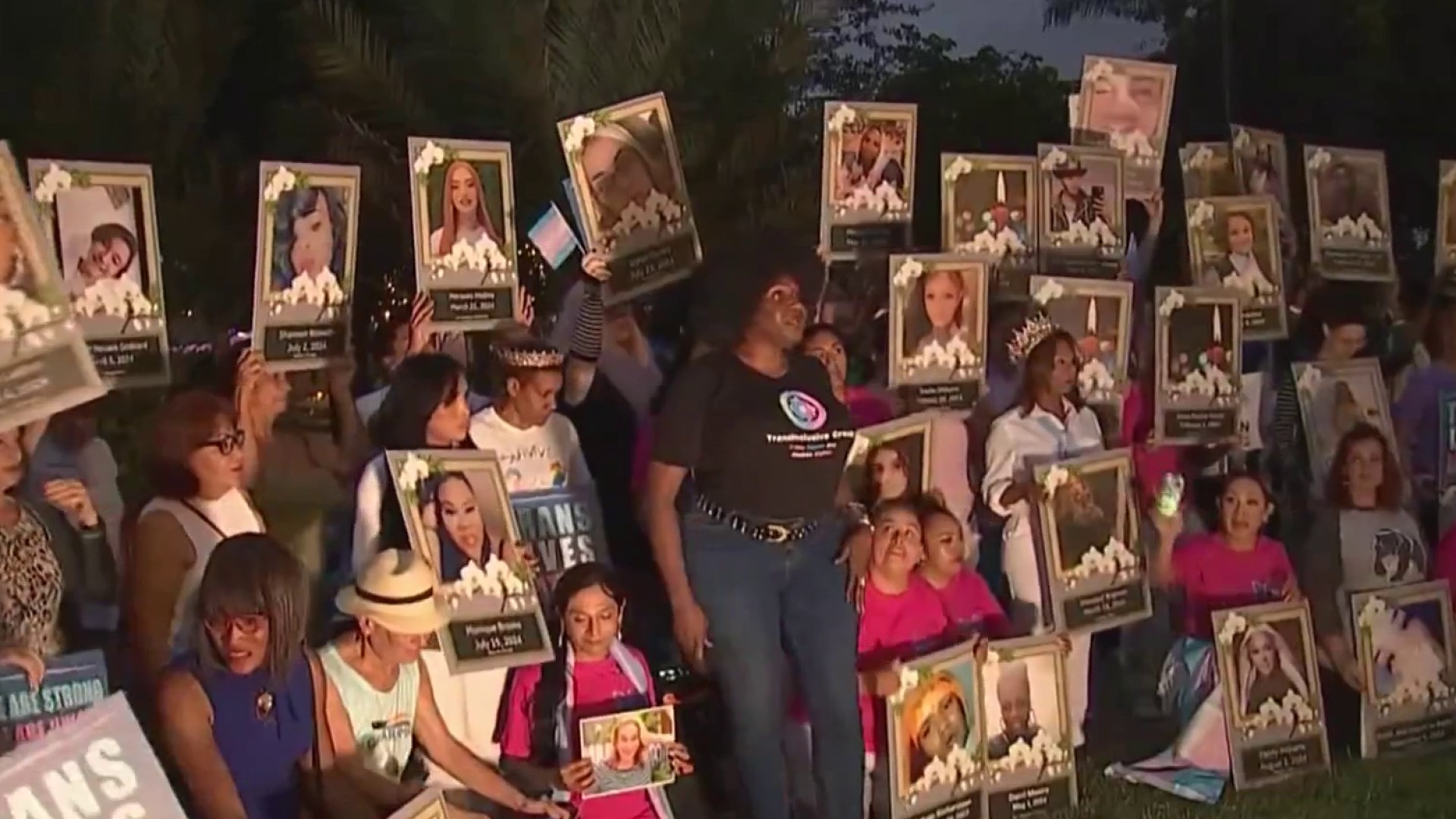In a world that often forces people into boxes and labels, there’s a powerful joy in breaking free. For many in the Black trans community, that joy is not just about identity; it’s a profound act of liberation.
We’re shining a spotlight on the courage, resilience, and celebration that define this community. From redefining gender on their own terms to embracing culture and heritage in ways unique to them, Black trans individuals are shaping a powerful narrative of self-love and self-acceptance.
Watch NBC6 free wherever you are
This story isn’t only about the struggle; it’s about triumph. It’s about a community that stands proudly in its truth and refuses to be invisible. For Black trans individuals, joy itself is revolutionary and that joy is taking center stage.
“When we talk about Black trans people and as a whole, Black trans people are triple marginalized and Black trans people are the ones who we see have the highest rate of homelessness, the highest rate of individuals engaging in some of our sex work. And as well as the highest rates of individuals who are being murdered throughout the year," Jazmine McKenzie said.
Get local news you need to know to start your day with NBC 6's News Headlines newsletter.
Jazmine is not only Black and trans; she’s a mother, grandmother, activist, and pioneer. She is committed to her community as the executive director and founder of the McKenzie Project and the new Joy and Liberation Center in Weston.
“My experience was a very rocky road. I've dealt with homelessness, you know, coming in contact with HIV at 14 years old when I'm now 36 years old, being molested by individuals in my family, having to go inside stores, still sitting on the street to make ends meet," Jazmine said.
BEYOND GENDER
The Joy and Liberation Center is the first Black-led trans drop-in center that provides full resources to the people she serves.
“We have an on-site laundry room. We have a shower. We have a full pantry. We have a grocery store. We have a black box theater," Jazmine said. "We also have a mailbox center for those who are facing homelessness. They can use our address, and they can get the important documents that they need. We also have a charger station for those who are facing homelessness that can come by, take a nap, and charge their phone."
It’s called the Joy and Liberation Center because it’s a space for other trans people to embrace every part of themselves: their blackness, their queerness, and their trans identity.
But that journey hasn’t been easy. Living authentically has meant facing both internal and external challenges, from societal expectations to family dynamics. Yet for them, it’s all worth it.
“How joy and liberation helps with survival is building confidence within people, helping people become liberated and understanding their truth and their worth, and becoming out of the mindset of thinking, I can't do it, and having the power and the energy to say, I can do it, and I will do it, and I will survive, and I will conquer. And I think it's a beautiful thing," Jazmine said.
For others, joy is a reclaiming of culture. Historically, Black trans individuals have faced high rates of discrimination and violence. But Camille Lewis, the executive director of Color N Raw at the Joy and Liberation Center, says the narrative isn’t only about survival; it’s about thriving in spaces where they’re fully accepted and celebrated.
“Liberation, we know it means freedom. Freedom to express yourself. You liberate it, you know," Camille said. "Hopefully, you come in here and you feel as if, like, I have been liberated. I have found my people, my tribe. And the joy is, like, it's basically what the word is. Joy. You find joy in being free and finding your camp and finding your people. The trans community has been through a lot."
Gatherings and celebrations, are more than just events. They’re affirmations of existence, spaces where the Black trans community can experience acceptance and belonging. For many, this is a second family, one that offers the understanding and support that mainstream society often does not.
“There are people today that still counted me out and I laugh at it," Camille said. "And I encourage that count, but at least you're counting. And I encourage people that walk behind me and point and say, oh my god, is that a man? At least you're paying attention to me. And I simply continue to exude my greatness wherever I go, because I know there for some, therefore some, it's a one and done and they can't take that type of ridicule."
From challenges with healthcare access to housing, the community faces real struggles. Yet even in these fights, there is unity, there is resilience, and there is an undeniable spirit of joy. For many, that spirit of joy is a reminder that they are enough, just as they are.
“It's a process. I will say that. And it's not easy. And if my counterparts, my brothers, and sisters will allow me to speak for them on this subject, it takes a lot. And it takes a lot of finding yourself and being happy with self," Camille said.
While society may still have a long way to go, these stories of joy and resilience are proof that the Black trans community is here, is strong, and will keep pushing forward, unapologetically celebrating each other and themselves.



